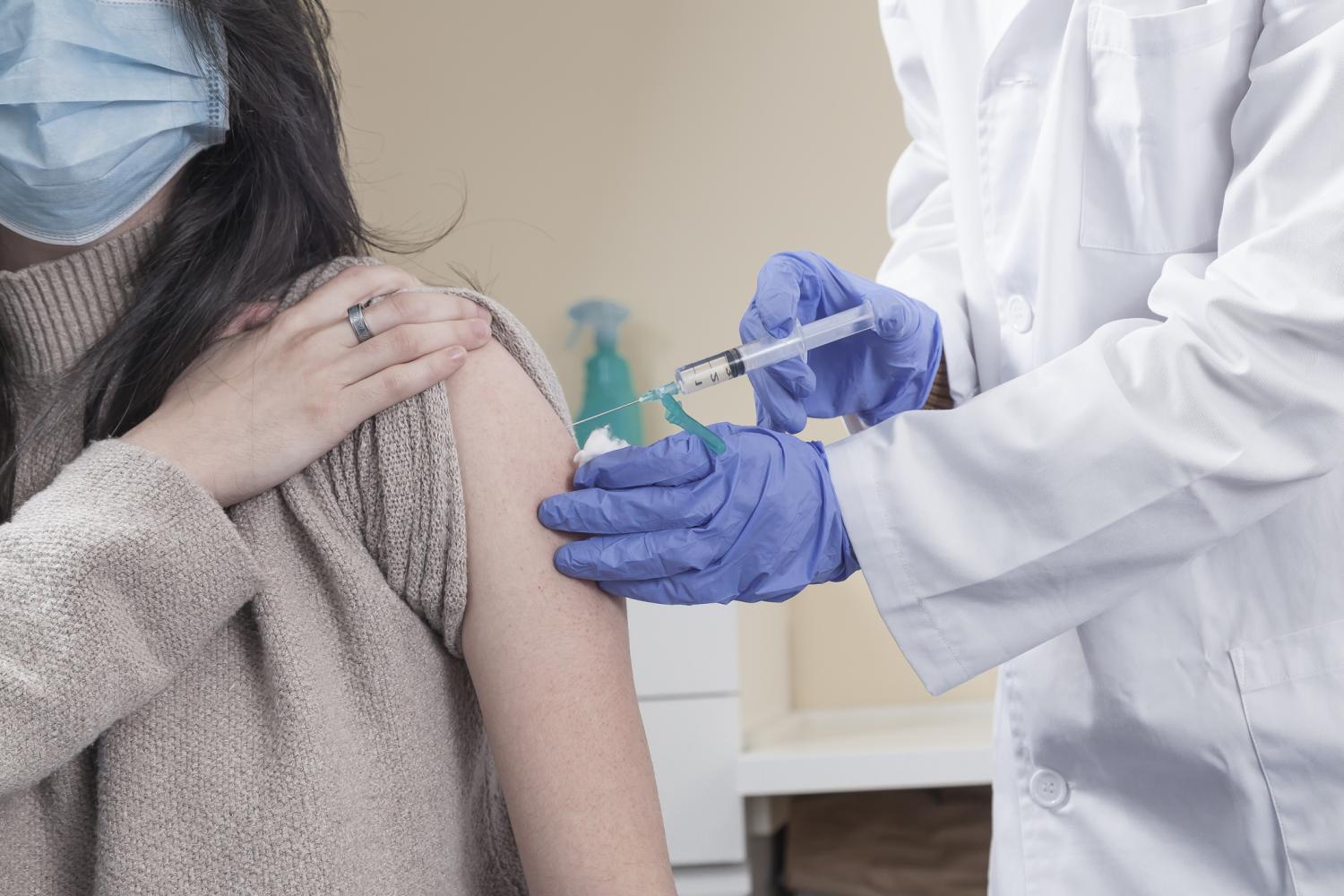The estimated vaccine effectiveness (VE) of the monovalent (single-strain) mRNA COVID-19 vaccine was 76% against mechanical ventilation and in-hospital death for 6 months after the last dose, falling to 56% at 1 to 2 years, according to a study published today in Morbidity and Mortality Weekly Report.
Researchers from the US Centers for Disease Control and Prevention (CDC) estimated the VE of two to four doses of the monovalent mRNA COVID-19 vaccine against mechanical ventilation and in-hospital death among 362 infected adults and 4,059 uninfected control patients admitted to 24 hospitals in 19 states. The study was conducted from February 1, 2022, to January 31, 2023, a period dominated by the SARS-CoV-2 Omicron variant.
The median patient age was 64 years, 91.0% had at least one underlying medical condition, and 20% had a previous COVID-19 infection. All participants had healthy immune systems.
The researchers noted that COVID-19 VE against hospitalization could be artificially lowered through routine testing at admission because it can identify infection in patients admitted for reasons other than SARS-CoV-2. To lower the risk of bias, the team opted to evaluate VE against mechanical ventilation and death.
Higher VE among older patients
VE against mechanical ventilation and in-hospital death by 28 days was 62% among adults of all ages and 69% among those aged 65 years and older. From 7 to 179 days since the last COVID-19 vaccine dose, VE was 76%, waning to 54% from 6 months to 1 year, and 56% at more than 1 year. Within each interval since the last dose, VE didn't significantly differ by number of doses.
Among the 362 case-patients, 40% were unvaccinated, 60% were monovalent-vaccinated, 81% received mechanical ventilation, and 43% died within 28 days of admission. Of the 4,059 controls, 24% were unvaccinated, and 76% had received the monovalent vaccine.
These findings underscore the importance of staying up to date with COVID-19 vaccination to prevent critical outcomes of COVID-19, including optional, additional bivalent mRNA booster doses for persons at highest risk of severe disease.
The researchers noted that the sample size was too small to separately generate VE estimates for each Omicron lineage period or to determine some VE estimates stratified by both time since last dose and number of doses received.
They said that despite evidence of substantial protection against poor outcomes, only 20% of all adults and 42% of adults aged 65 and older have received the newer bivalent (two-strain) mRNA COVID-19 vaccine approved in September 2022. The bivalent vaccine was designed to help protect against Omicron as well as the wild-type lineage.
"These findings underscore the importance of staying up to date with COVID-19 vaccination to prevent critical outcomes of COVID-19, including optional, additional bivalent mRNA booster doses for persons at highest risk of severe disease," they wrote.



















